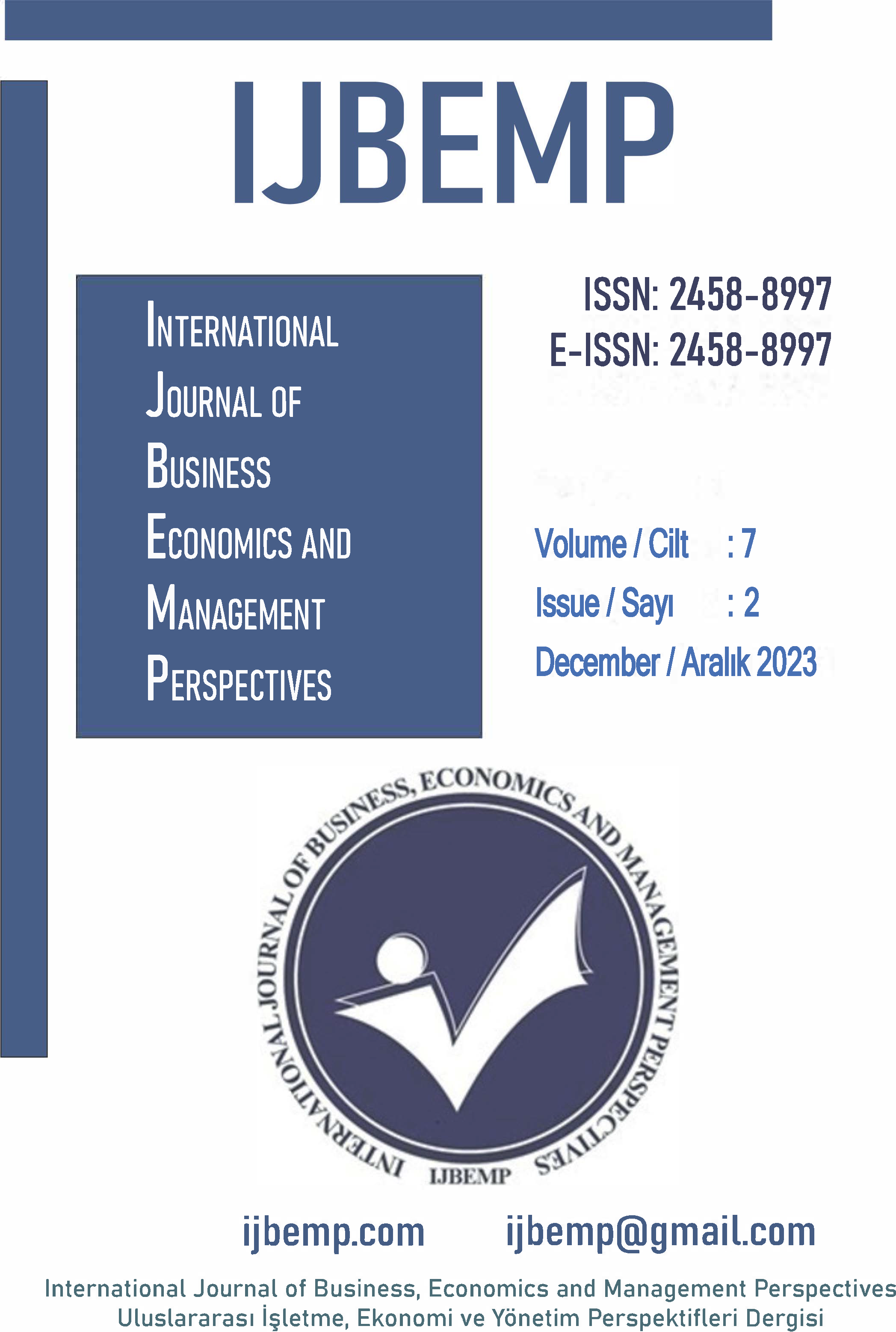Author :
Abstract
Avrupa Birliği (AB) ülkeleri, geçmişten günümüze farklı türde terör eylemlerini sıklıkla tecrübe etmişlerdir. Ancak terörizmle mücadelenin AB için kolektif bir güvenlik meselesine dönüşmesi, 11 Eylül 2001 tarihinde ABD’ye düzenlenen terör saldırıları sonrası mümkün olmuştur. 2004’te Madrid’i ve 2005’te Londra’yı hedef alan bombalı terör eylemleri, AB’nin terörizm ile mücadele kapsamında Birlik için ortak politikalar üretme çabasının artmasına neden olmuş, bu süreçte pek çok belge yayınlamış ve değişen terörizm olgusu karşısında AB, kendi değişim ve gelişimini sürekli hale getirmiştir. AB’nin terörizmle mücadele strateji formülasyonunun anlaşılması, yayınlanan belgelerin birlikte değerlendirilmesi ile daha sağlıklı olacaktır. Bu zaviyede, mevcut çalışmada AB’nin terörizmle mücadele alanlarını da kapsayan güvenli bir Avrupa yaratmak için benimsediği öne çıkan politika, strateji, mekanizma ve planlara yer verilmiştir. Çalışma, AB’nin terörizmle mücadele çabalarını akademik çerçevede bütüncül bir bakış açısı ile ortaya koymayı amaçlamıştır.
Keywords
Abstract
The European Union (EU) member states have recurrently encountered diverse manifestations of terrorism from historical periods to the present. Nevertheless, the pivotal shift in the EU's approach to counterterrorism as a collective security concern transpired in the aftermath of the September 11, 2001 terrorist attacks against the United States. Subsequent to the terrorist acts involving bombings directed at Madrid in 2004 and London in 2005, the EU's commitment to devising cohesive policies to combat terrorism intensified. This catalyzed the publication of numerous documents, facilitating the EU's adaptability and evolution in response to the evolving landscape of terrorism. The comprehension of the EU's counterterrorism strategy formulation would benefit from a holistic examination, entailing the comprehensive evaluation of the disseminated documents. Consequently, this study endeavors to elucidate the salient policies, strategies, mechanisms, and plans embraced by the EU, pertaining to the creation of a secure European landscape, encompassing its proactive engagement in counterterrorism. This research aspires to provide a comprehensive outlook on the EU's endeavors in counterterrorism within an academic framework.





